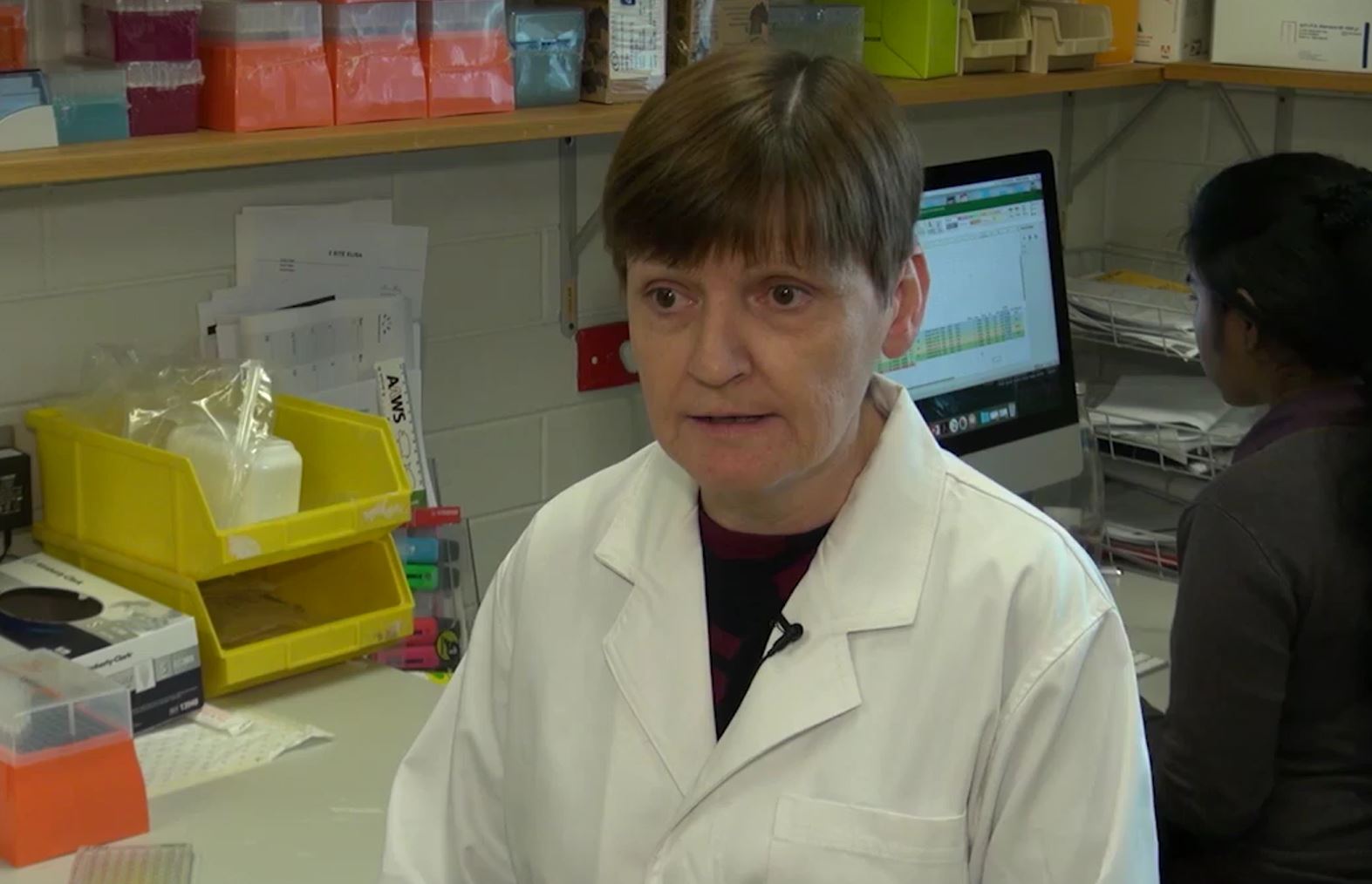
Ongoing investigation into treatment strategies and biomarker discovery for Motor Neuron Disease has received a timely boost, with Dr Mary-Louise Rogers from the College of Medicine and Public Health obtaining continued funding for her research.
Securing a MND Research Australia Grant in the recent 2021 funding allocation round will help complete research into whether urinary Neopterin can be a candidate biomarker that can be used to test disease progress in clinical trials for Motor Neurone Disease.
“There is an urgent need for effective treatments for Motor Neuron Disease, and a critical challenge to the development of effective therapeutics is the absence of biochemical progression biomarkers that could be used in clinical trials to identify effective treatments,” says Dr Rogers, head of the Motor Neurone Disease & Neurotrophic Research Laboratory at Flinders University.
“Our laboratory, with the assistance of MNDRIA funds, was the first to demonstrate urinary p75ECD as a candidate biochemical biomarker that measurably changes as disease progresses and can be used to measure if treatments are working in clinical trials.”
This work places Australia is at the forefront of developing a urinary marker that is highly relevant and critical to the success of future MND therapy development.
“We have preliminary data to show that urinary Neopterin (a marker of cell mediated immune dysfunction) is elevated in MND. Having additional markers to p75ECD that increase over disease progression and can be used as pharmacodynamic markers will improve the ability to detect new effective treatments for MND, as well as faster exclusion of ineffective ones. Adding urinary neopterin to p75ECD in future clinical trials is predicted to aid in patient stratification, when these markers are correlated to disease phenotype.
In addition, a comparison between urinary p75ECD and neopterin will determine if these markers are related to immune dysfunction, or if not correlated are related to neurodegeneration and immune markers respectively.
The funding support is a timely boost for this project, which has endured frustrating disruptions during COVID-19 restrictions, being unable to receive any samples from co-investigator Professor Andrea Malaspina from the UK ALS Biomarker Study via the Queen Mary Hospital in the UK, or from the MND SA clinic from March to mid-June.
The continuing research will look to determine if Urinary Neopterin in MND patients is significantly different from healthy controls, and can provide additional prognostic value to already collected clinical data. It will also assess the longitudinal change in Urinary Neopterin in motor neuron disease patients across disease progression – and it will determine the correlation between Urinary Neopterin and p75ECD in people with Motor Neuron Disease.

